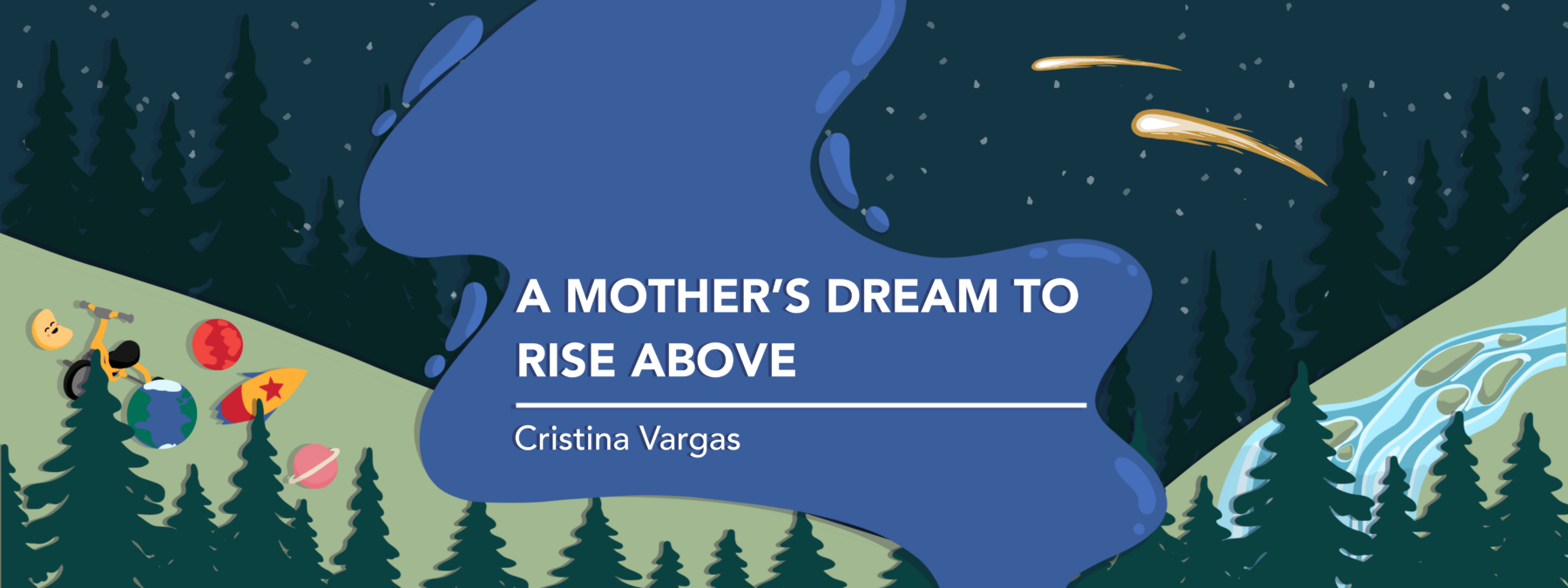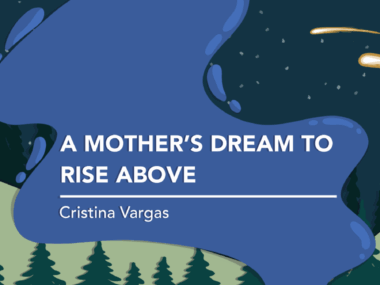Communicating without words, even though we’d both like a chat
My son with CLN2 finds a way to connect, but I'm sure he'd wish to talk
Written by |

As the mother of Juju, a brave boy who was diagnosed with late-infantile Batten disease (also known as CLN2 disease) in 2021, I’ve witnessed an incredible journey filled with challenges, resilience, and hope. He’ll turn 8 years old on Dec. 19, and as I reflect on those years, I can’t help but think about the profound gift of verbal communication, the very thing I know he’d wish for — because he can’t express his wish in words.
CLN2 disease is a rare and progressive neurological disorder that affects Juju’s ability to speak, walk, and perform everyday activities. Each day, I see my son fight valiantly against the limitations of his condition.
While he may not be able to articulate his thoughts or feelings, his eyes sparkle with an inner strength that speaks volumes. It’s a reminder of the resilience within him and the entire rare disease community.
Strength is a key element in the CLN2 experience. Each small victory, whether it’s a smile, a giggle, or a moment of connection, is a testament to Juju’s resilience. Children like Juju possess an extraordinary capacity to adapt to their circumstances. They have an innate ability to find joy in the simplest things, reminding us of the importance of cherishing each moment.
As a caregiver, I’ve learned that it’s not only the milestones we celebrate that define our journey, but also these small, everyday achievements — such as the way Juju’s laughter can light up a room, despite the challenges he faces.
Communication without words
Although Juju can’t speak, we’ve found ways to connect that transcend words. His expressions and gestures, as well as our bond, convey emotions that often go beyond verbal communication. It’s vital for caregivers and loved ones to foster this connection. Nonverbal cues can be incredibly powerful, and learning to interpret them has deepened our relationship.
This ability to communicate, even in its most basic form, reinforces the idea that connection is possible, regardless of our challenges. As Juju approaches his birthday, I often imagine what he’d say if he could express his deepest wishes. Among them, I believe, would be the desire to talk, share ideas, and express himself freely. The longing for communication is universal, and it’s a gift that many of us take for granted.
Those of us in the rare disease community understand that such a wish represents something much larger — the possibility of independence, as well as the ability to engage with the world.
But the need to communicate is felt by families, too, as they seek to connect with their stories, resources, and love. This sense of camaraderie, of shared battles, is essential; it provides hope to those navigating the complexities of rare diseases. Each story is unique, yet there’s a common thread that binds us — a determination to advocate for our children and raise awareness about their challenges.
I celebrate Juju, not only for his strength but also for the lessons he’s taught me about resilience and the importance of communication. On his upcoming birthday, I’ll honor his life by embracing the gift of connection in all its forms.
I’ll continue to advocate for him, raising awareness about CLN2 disease and the remarkable children who face it with courage. While Juju may not be able to speak, his spirit speaks loudly, reminding us all to cherish the gift of communication, as well as the small joys that often go unnoticed.
Note: Batten Disease News is strictly a news and information website about the disease. It does not provide medical advice, diagnosis, or treatment. This content is not intended to be a substitute for professional medical advice, diagnosis, or treatment. Always seek the advice of your physician or other qualified health provider with any questions you may have regarding a medical condition. Never disregard professional medical advice or delay in seeking it because of something you have read on this website. The opinions expressed in this column are not those of Batten Disease News or its parent company, Bionews, and are intended to spark discussion about issues pertaining to Batten disease.







Leave a comment
Fill in the required fields to post. Your email address will not be published.